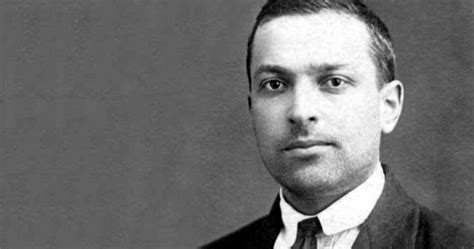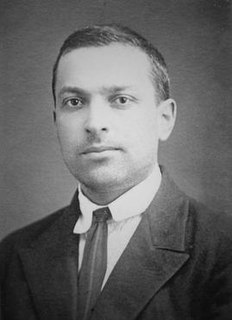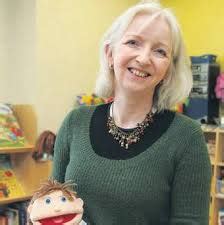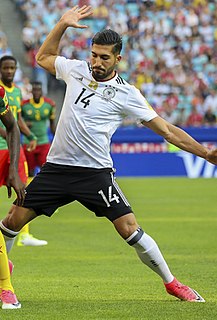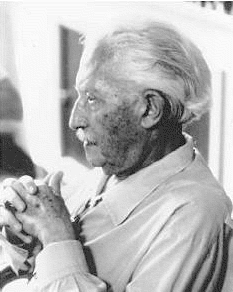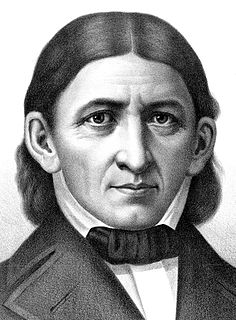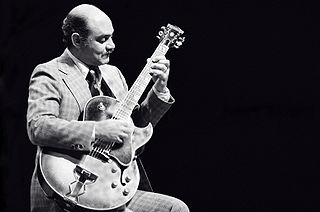A Quote by Lev S. Vygotsky
In play, the child is always behaving beyond his age, above his usual everyday behaviour; in play he is, as it were, a head above himself. Play contains in a concentrated form, as in the focus of a magnifying glass, all developmental tendencies; it is as if the child tries to jump above his usual level.
Related Quotes
The camel carries on his dreary circular task with his usual slow and pompous step and head poised superciliously, as if it were a ritual affair above the comprehension of the vulgar; and no doubt he comforts himself for the dullness of life by a sense of virtue, like many other formalists beside him.
See, if you put a musician in a place where he has to do something different from what he does all the time, then he can do that - but he's got to think differently in order to do it. He's got to play above what he knows - far above it. I've always told the musicians in my band to play what they know and then play above that. Because then anything can happen, and that's where great art and music happens.
You see a child play, and it is so close to seeing an artist paint, for in play a child says things without uttering a word. You can see how he solves his problems. You can also see what's wrong. Young children, especially, have enormous creativity, and whatever's in them rises to the surface in free play.
No man could bring himself to reveal his true character, and, above all, his true limitations as a citizen and a Christian, his true meannesses, his true imbecilities, to his friends, or even to his wife. Honest autobiography is therefore a contradiction in terms: the moment a man considers himself, even in petto, he tries to gild and fresco himself. Thus a man's wife, however realistic her view of him, always flatters him in the end, for the worst she sees in him is appreciably better, by the time she sees it, than what is actually there.
But somewhere, a child surprises himself with his endurance, his quick mind, his dexterous hands. Somewhere a child accomplishes with ease that which usually takes great effort. And this child, who has been blind to his past, but his heart still beats for the thrill of the race, this child's soul awakens. And a new champion walks among us.
The mind grows by self revelation. In play the child ascertains what he can do, discovers his possibilities of will and thought by exerting his power spontaneously. In work he follows a task prescribed for him by another, and doesn't reveal his own proclivities and inclinations; but another's. In play he reveals his own original power.
Philosophical studies are beset by one peril, a person easily brings himself to think that he thinks; and a smattering of science encourages conceit. He is above his companions. A hieroglyphic is a spell. The gnostic dogma is cuneiform writing to the million. Moreover, the vain man is generally a doubter. It is Newton who sees himself in a child on the sea shore, and his discoveries in the colored shells.
My father would say, 'Play a scale,' and I'd play one and he'd say, 'What about the rest? There must be one above,' so we'd figure them out. I'd start the scale on the root of the chord and I'd go as far as my hand would reach without going out of position, say, five frets, and then I'd go all the way back. So when ! practised I'd start right away on scales. As well as the usual ones, I'd play whole tone scales, diminished, dominant sevenths, and chromatic scales. Every chord form, all the way up, and this took an hour.
